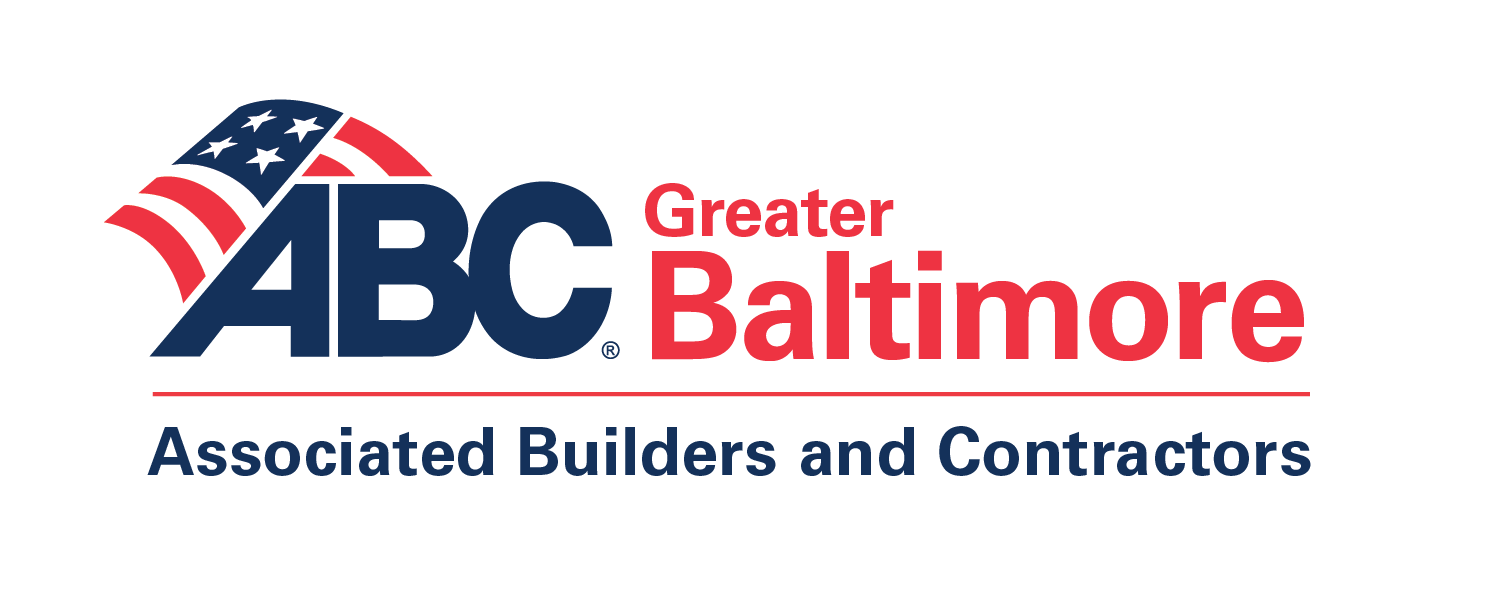Gregory P. Currey, Esq. Partner, Wright Constable & Skeen, LLP
All contractors and sub-contractors bidding on state construction projects need to be aware of Senate Bill 433 from the 2019 Maryland legislative session. Despite significant concerns related to the constitutionality of some of its provisions, it takes effect on July 1, 2019. Senate Bill 433, the “Responsible Payment of Employee Health Care Expenses” law, provides that any bidder, contractor, or subcontractor on a State-funded construction contract must demonstrate the payment of employee health care expenses. Companies must do so by submitting certification or a valid contract to DGS or MDOT that shows that, for employees who will work on the construction project:
- the employer pays aggregate employee health care expenses of at least 5% of the wages paid by the employer; or
- the employer pays 50% or more of the required premium necessary to obtain coverage by a credible health insurance plan.
Beyond the certification form, a procurement officer may also require a responsible bidder or subcontractor to submit records that are sufficient to support the certification required by the law. Under the law, DGS, MDOT, and the DLLR must collaborate on the development of a certification form but it is not clear that a certification form will be available ahead of the effective date of the law.
The law exempts small businesses with fewer than 30 employees and Minority Business Enterprises (“MBEs”) from coverage. The permissibility of the exemption for MBEs has already drawn scrutiny, including a letter opinion from the Attorney General of Maryland suggesting that the exemption for MBEs is unconstitutional.
Beyond the constitutional issues, the law creates a number of questions and issues for employers. Based on the language of the statute, it is unclear whether employers are required to simply offer to pay 50% of the required premiums to obtain coverage or whether all of the employees on the project are required to actually be insured by the employer’s plan. The second reading creates a serious issue – how can employers mandate that their employees purchase their health insurance from them? Second, the bill creates another avenue for contractors to protest bids by contesting whether the winning bidder meets the law’s requirements. Finally, the law only provides that a procurement officer may void a contract if the awardee fails to provide requested documentation but does not mandate it. This creates serious questions about whether the law will be enforced consistently.
In September, ABC of Greater Baltimore will be hosting a workshop with Gregory Currey of Wright, Constable & Skeen, LLP to go in depth on the new law including compliance issues, possible challenges, and its impact on bid protests.

